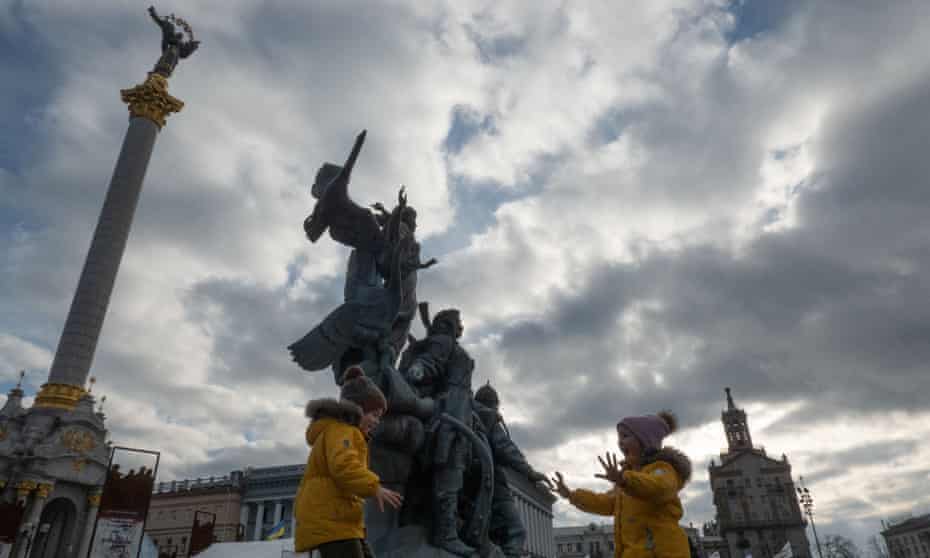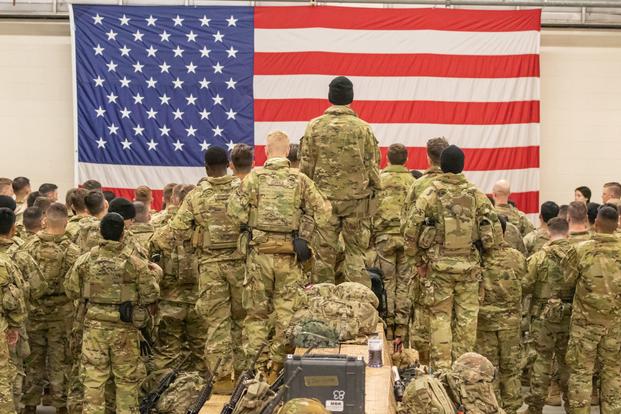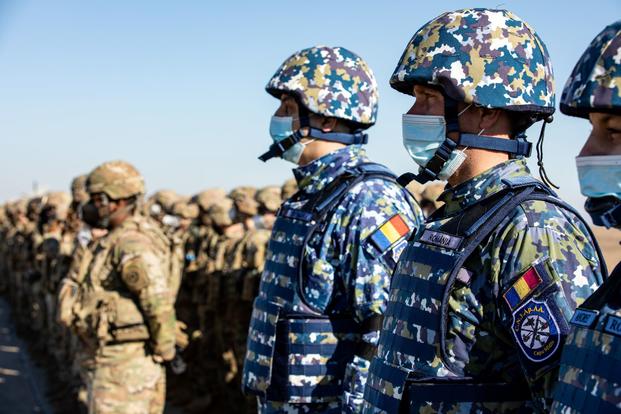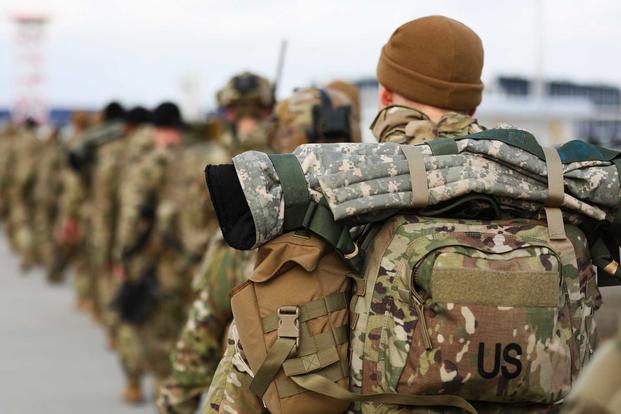In the shadow of war, the Ukranian novelist tells of how citizens are trying to live, work and maintain hope

Sun 13 Feb 2022
Five planes from Egyptian resorts returned to Boryspil airport yesterday, picked up new passengers and flew back. A plane also flew in from the Cuban resort of Varadero, where my friend, the publisher Anetta Antonenko, recently had 10 days rest. Ukrainians are already used to warming up and sunbathing in Egypt in winter.
I do not know how they feel now, flying to warmer climes. Do they take with them documents for their property and everything that the Ukrainian government advised its citizens to put in one “emergency suitcase”, along with a supply of food for two days, a change of underwear and personal documents?
Actually, I checked the departures/arrivals website because the British embassy sent an email to my English wife with a warning that she and the children must leave while there are commercial flights. If they stay, they should not count on the help of the embassy. I am not British, I am a citizen of Ukraine. Nobody sends me emails demanding I leave as soon as possible. My wife decided to stay. As did our sons Theo and Anton, who do not want to go anywhere. The elder, Theo, works at an animation film studio and recently signed a contract until the end of May. Anton is 19 and waiting for spring to fix a 1974 Soviet Moskvich car he bought a year ago for $800.
In the past two days, there have been many statements from the United States, Canada, Japan and other countries announcing that almost all diplomats are leaving Ukraine, as there is information that active hostilities, including city bombing, may begin in the next 48 hours.
But as long as the planes are flying, I am calm. Not only that, my wife and I are going to dinner with the ambassador of Brazil tonight. Brazil has not yet made any announcements.
My friend said that we should actually keep an eye on the Chinese embassy. As soon as it announces the evacuation of its employees, then the threat of war must be taken seriously. Russia will definitely warn China before bombing Kyiv. They are now strategic partners.
The Chinese embassy is silent for now.
Our close friends, an elderly Japanese-French couple, are at a loss. They have been living in Kyiv for a long time, they bought two large apartments in the centre. One is for rent, the other is for living, as is the case with many of the foreigners who moved to Ukraine. They too don’t want to go anywhere.
I’ve lost a lot because of the pandemic. I wouldn’t want to lose everything again, this time because of the war
The war barometer in Kyiv is exchange rates and statements by the president, Volodymyr Zelensky. If the dollar and the euro rise sharply against the hryvnia, then the war has become even closer. Today, the dollar and the euro have risen in price more than usual. But, in truth, in recent weeks they have already been at this level and even more expensive. Petrol has already risen noticeably in price too, but it is still cheaper than in the UK.
Zelensky again reassured Ukrainians and said that everything was under control. He has repeatedly accused western politicians of exaggerating the danger of a Russian attack, though after his speeches, I feel as if he’s downplayed the threat.
I am one of many Ukrainians who has to change euros and dollars regularly to pay for living and utility bills. My main income comes from selling books abroad. A week ago, I went to the exchange office, where the rate is usually very good. A young guy was standing at the window of the exchange office and changing several packs of $100 bills for hryvnias.
An employee approached me and said: “This client has a very large amount, the cashier will be busy for a long time. How much do you want to change?”
“One hundred dollars,” I replied.
“Tanya, give me small change, for a hundred dollars!”
Putting the hryvnias in my pocket, I went outside and for the first time thought about the fact that $100 no longer means so much in Ukraine. Prices in the country have long since become European, while ordinary salaries and pensions have largely remained post-Soviet.
Most of my neighbours in the village receive a pension of just over $100 a month. But they usually have large stocks of vegetables and canned food in the cellar. However, civil servants in Kyiv receive salaries of thousands of dollars a month. They live in a different reality. Now both of these realities are under threat. Under the threat of war.
Yesterday, I noticed that the exchange office where I changed money the other day had already closed. Disappeared. It is no more. But there are several other exchanges nearby. As long as banks and exchange offices are open, you can be relatively calm.
Today, my friend invited my wife and me to one of the best restaurants in Kyiv for his birthday. Next Saturday, 19 February. Does this mean that there will be no war until 19 February? I really hope so. I’ve lost a lot because of the pandemic – trips abroad, book festivals and exhibitions and also, for we need pleasure, dinners in good restaurants. I wouldn’t want to lose everything again, this time because of the war.
It’s so strange to think that the whole world now depends on what can happen in the head of a single, ageing man.







